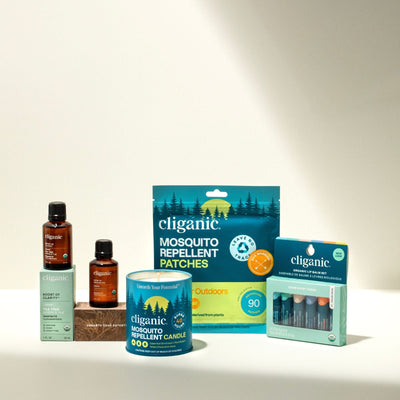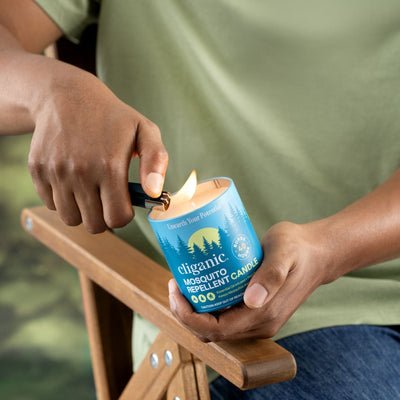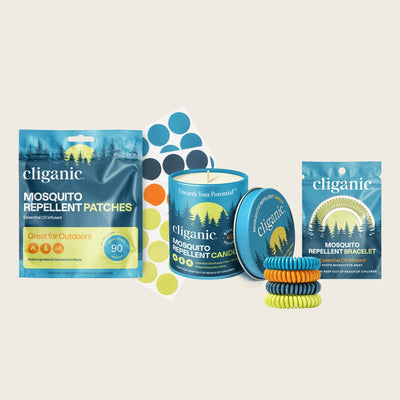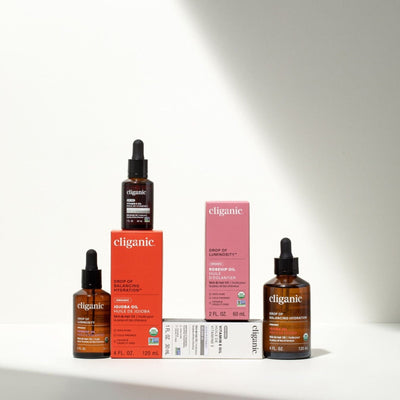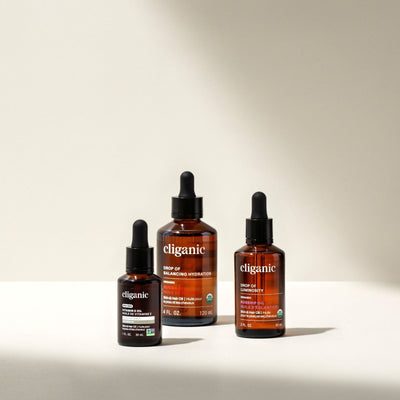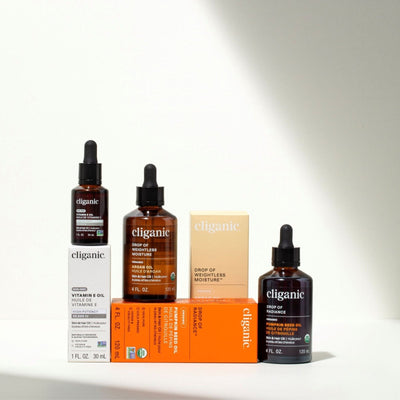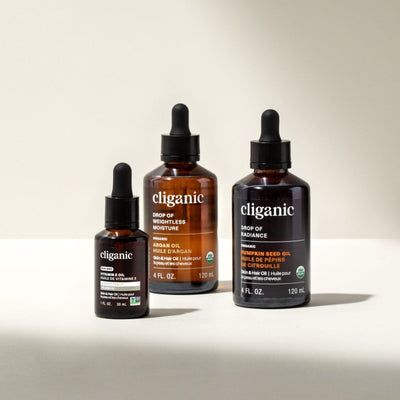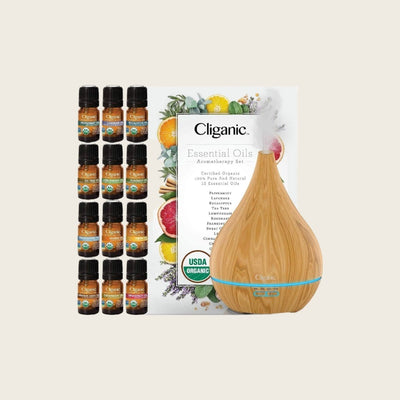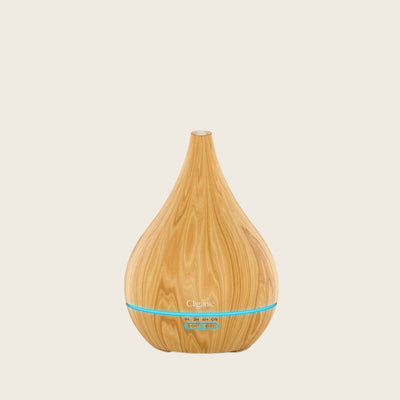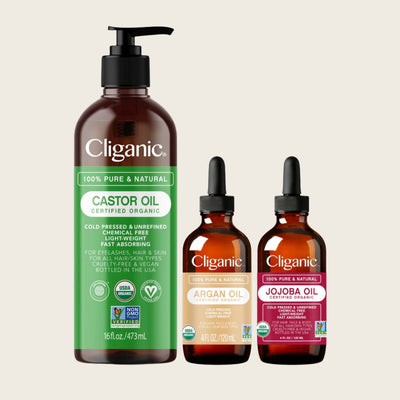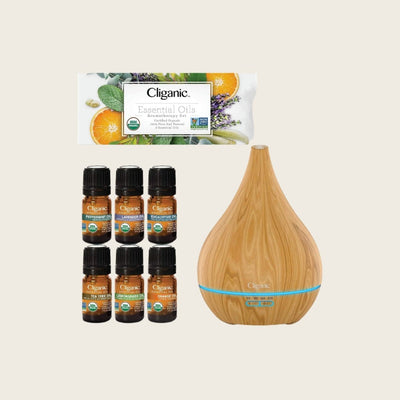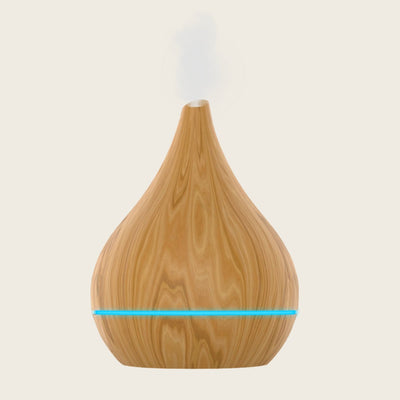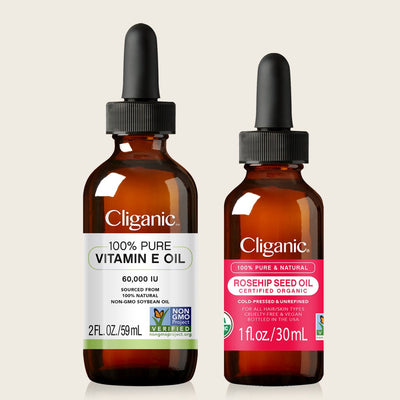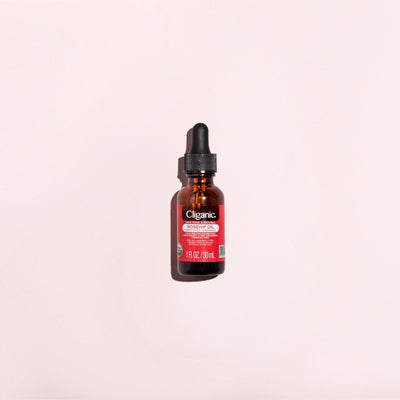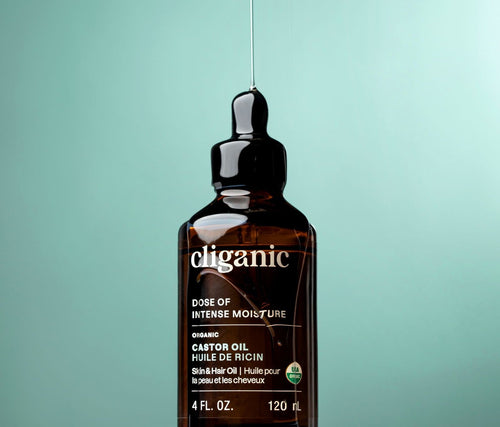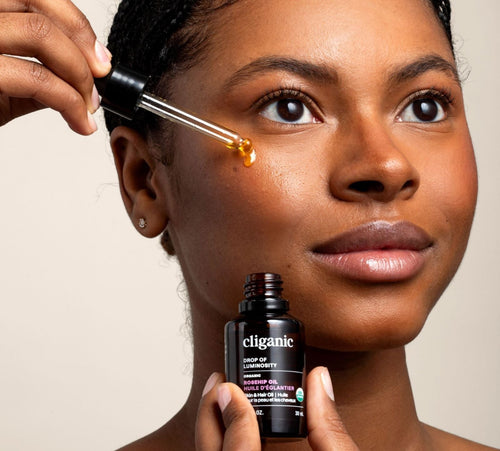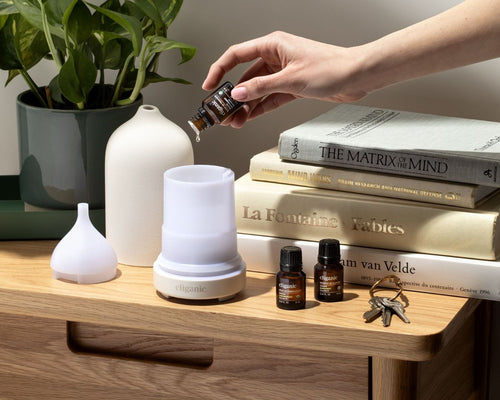
How to Store Essential Oils So They Don’t Go Bad
How long do essential oils last?
Like any substance that comes from nature, essential oils can’t stay fresh forever. Long exposure to oxygen (the air) can cause some of the molecules that make up the composition of the essential oils to change. This change is called “oxidation” and when an oil oxidizes it can smell different, and not work as effectively. And in some instances, an oxidized essential oil can even cause skin irritation.
So what can we do to keep our essential oils fresh longer and prevent them from oxidizing?
Here are some simple tips to show you how to store essential oils so they can stay fresh and potent!
- Find out when the oil was distilled.
If you have purchased your essential oils from a reputable company, they should be able to tell you the batch or lot number of the essential oil, and that batch or lot number should indicate the date that the oil was distilled. Generally speaking, most oils can keep fresh for 6 years from the date it was distilled. So that means if you purchased an oil and the distillation date was 2 years ago, you have 4 more years before it will show signs of aging.
Also Read: HOW TO DILUTE ESSENTIAL OILS
Citrus - Give Special Attention to Citrus and Needle Tree Essential Oils
It should be noted however that any essential oil that comes from either a citrus fruit or an evergreen needle, like firs, pines, cypress, junipers and spruces have much shorter shelf lives - 1 to 2 years from the date of distillation.

- Always keep your essential oils out of direct sunlight
Sunlight can degrade the molecules found in essential oils more quickly, so make sure to always keep your essential oils in a dark or shady place away from direct sunlight, or direct light.

- Always keep your essential oils away from direct heat sources

- Always store your essential oils in dark glass containers with small neck openings
The dark glass helps limit the exposure to light and heat, and the small neck openings help limit the amount of air that can get into the bottle when the cap is off.
Make sure your essential oil bottles have an orifice reducer. An orifice reducer is that small piece of plastic that fits into the neck of the bottle, and allows only one drop of essential oil to be dispensed at a time. This little piece helps reduce the amount of air that could potentially come into contact with the essential oil when the bottle is uncapped.

- Make sure that your essential oil bottles are always tightly capped
Try to limit the amount of time the bottles are left opened. This will also help reduce the possibility of oxidation.

- Keep your essential oils well organized! Here are a some essential oil storage ideas:
We like to keep our essential oils in alphabetical order so we can find them easily, and we like to add stickers to the lids so we can easily find what we are looking for. Plus by adding these stickers to the tops of the essential oil bottle caps we are also making certain we never mix up the caps between different oils, which could contribute to the oil’s aroma becoming contaminated with another scent.
- And finally, make sure to have good storage for essential oils, in containers like special bins, cases or shelving.
Also Read: 5 ESSENTIAL OILS THAT ARE GREAT FOR YOUR SKIN
Remember, your essential oils are 100% natural, and like any natural product it can’t last forever, but naturally degrades. Using plant based products can positively impact our overall health and wellbeing; after all, the molecules that make them up are the same kinds of molecules that make up our own human bodies. That’s one of the most important reasons why living a more plant based lifestyle can improve our wellbeing.


